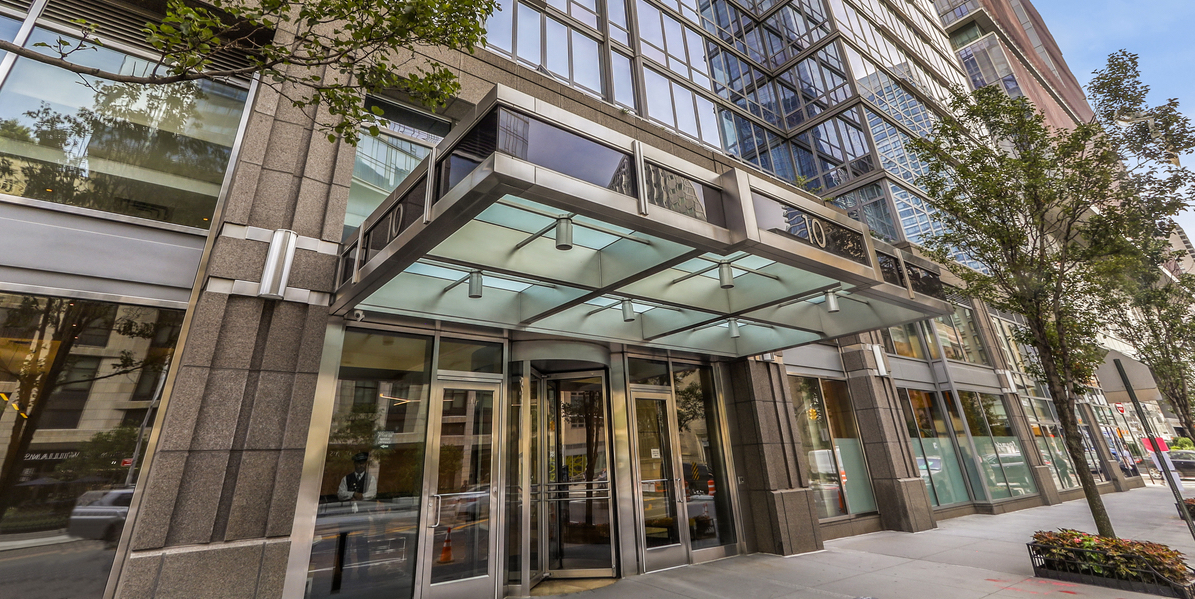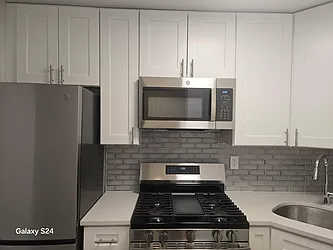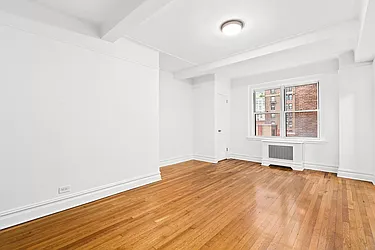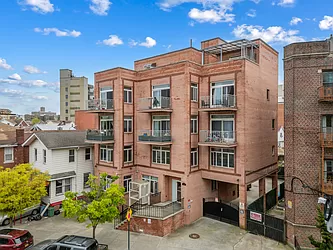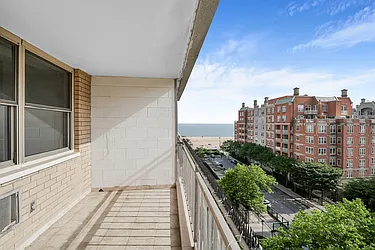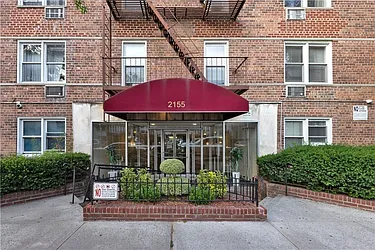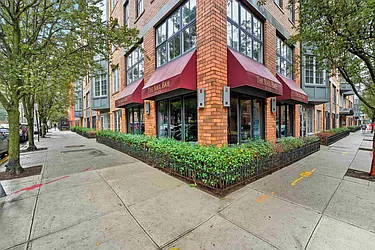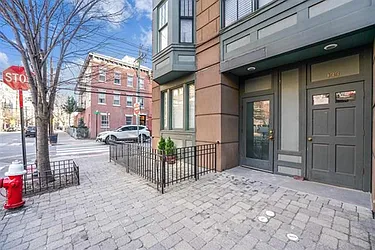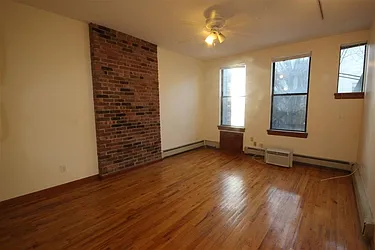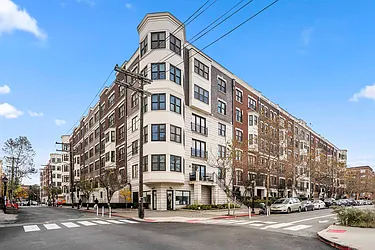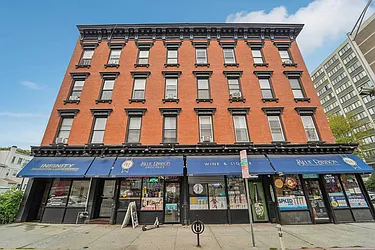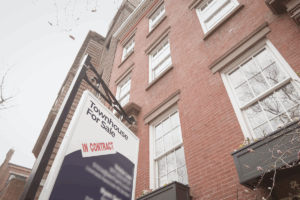Buying Your First Home in NYC
Buying a home in NYC is complicated, but rewarding. If you're a first-time home buyer, or even a returning buyer who needs a refresher, this guide will provide you with tips and strategies for your home-buying journey.
A few of the topics covered in this guide include: how to find your dream home, how to find a buyer's agent, how to prepare for a co-op board interview (and what even is a co-op vs. a condo?), information about home inspections, home loans and mortgages, and much more! We hope these articles will help you make educated decisions and feel a little more confident as you begin this journey — whether you're a first-time home buyer or a real estate veteran. Happy home shopping!If you’re shopping around for a co-op or condo in NYC, you’re bound to encounter some real estate jargon in listings. One of those perplexing terms is 421a tax abatement. In essence, it’s a tax exemption program given to building developers that typically lowers the property taxes for residential units for some time. We’re talking ten years or possibly more, which is mighty alluring for home buyers. But there are several factors to consider before taking the plunge.
Are you a homeowner with a 421a tax abatement ending soon? We have tips for you too.
Manhattan Homes Under $600K on StreetEasy Article continues below
What is a 421a Tax Abatement in NYC & How Does it Work?
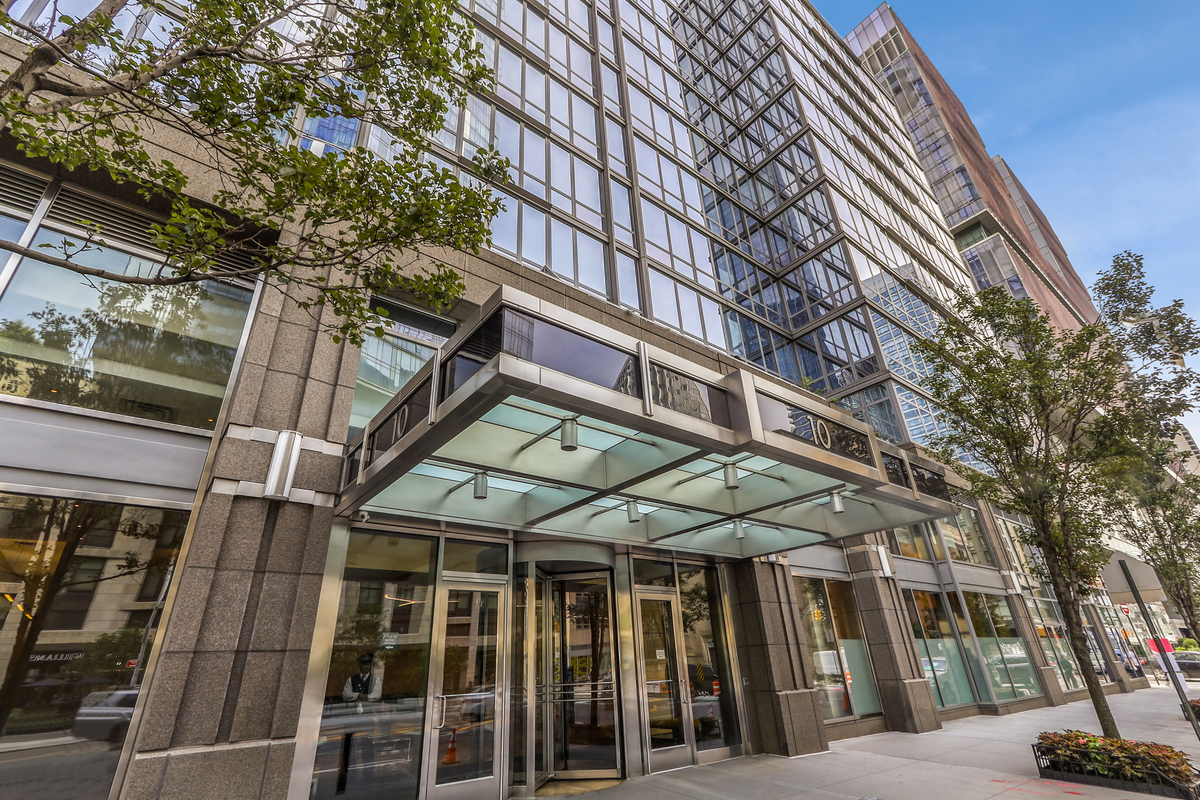
The 421a tax abatement for this building expired in 2018. (From a listing at 10 West End Avenue #20D)
First, let’s talk about how it started. It was created in 1971 to encourage the development of new residential real estate on underutilized land. Builders get a tax exemption, which is typically passed on to home buyers, that lasts between 10 and 25 years. The overall benefit diminishes over time.
“A schedule could work like this,” says NYC real estate tax lawyer Jeffrey Golkin. “After construction, you get 100% tax exemption on property taxes for two years, then it goes to 80, 80, 60, 60, 40, 40, 20, 20, and so on until the end of the term.”
How common are 421a tax abatement units in NYC? While we can’t give you an exact number, you should know thousands of buildings were constructed under this program before 2008. In 2016 the original program expired, but it was revitalized the next year, focusing on affordable housing.
Brooklyn Homes Under $600K on StreetEasy Article continues below
How to Verify a 421a Tax Abatement

Some listings, like this one on StreetEasy, will include tax abatement info. (From a listing at 192 Spencer St. #3A)
The idea of saving big time on taxes is enticing for any home buyer. So the biggest question you may have is how you can tell if a 421a abatement is on the table for a unit? Many listings on StreetEasy will share if there is a tax abatement along with the expiration date. You can also check a building’s status on the NYC Department of Finance’s website. Here’s are the steps:
- Enter a property’s address.
- Click on “Benefits – Business & Construction” on the left. Here you would be able to see if there is a 421a tax abatement.
- Pull up the most recent property tax bill on the left.
- Scroll to the bottom to see a line for the abatement and its duration.
“The one concern with this site is you might not see when the 421a abatement expires,” says Paul Miller, founder and managing partner of Miller and Company, LLP. You can estimate, depending on the construction date. You can also ask a verified buyer’s agent, who should answer this question and any other about a building. Here are tips for finding a broker.
Pros and Cons of 421a Tax Abatements
You might think that having lower taxes is just 100% winning. But there can be some drawbacks.
Pros of 421a Tax Abatements for NYC Home Buyers
- Pay lower taxes: “Simply put, you get a tax break for the duration of the abatement,” says Golkin. For example, if an owner has a 20-year tax abatement, they will pay pennies on the dollar for the first 12 years of the abatement. After that, the tax will jump by 20% of the whole amount every two years.
- Command a higher resell price: Since the unit comes with a tax break, it could get a higher price if sold way before the abatement expires.
Cons of 421a Tax Abatements for NYC Home Buyers
- Taxes will increase eventually: “So you’re buying something with a ticking clock,” says Golkin. That means your tax bill will go up, which can be an unpleasant surprise. It is especially true if you don’t realize that the $100 per month paid in real estate taxes could balloon to $5,000 in the future.
- Resell timing needs to be strategic: For example, if you buy in at year three of a 20-year tax abatement, it’s a smart idea to sell by year 10 or 11, so the next buyer will reap the tax incentive benefits. Otherwise, your home could lose equity — more on that below.
Homebuyers should also be aware that units with tax advantages can command higher selling prices than similar units without the exemption, says Miller. “Once you’re in the program, you are enjoying the benefits, but selling it can be tricky, especially as you may have paid more for the apartment with the luxury of having that abatement.”
What is the Cooperative and Condominium Property Tax Abatement?
It’s a city-run property tax abatement program for co-ops and condos designed to ease the burden of qualified units’ taxes. The program can be beneficial if you bought a home in the 421a program, and the exemption is about to expire. FYI, affordable housing types like Mitchell Lama or HDFC units do not qualify.
Here are just a few of the requirements needed for this specific abatement:
- You need to both own the unit in your name and use it as a full-time residence. The exception is if you own it as a trust. If that’s the case, the beneficiary, trustee, or life estate holder needs to lives in the unit.
- You can’t be eligible for another tax exemption.
Golkin advises that if you’re in a building with a 421a tax abatement, it’s essential to work with a real estate attorney a year before it’s due to expire to start the application process for a new condo or co-op tax abatement. It will help you seamlessly transition to the benefit of paying 17.5% of the tax bill.
Hoboken Homes Under $600K on StreetEasy Article continues below
Additional Property Benefits Homebuyers Should Know
The city offers several other tax abatements for New Yorkers besides 421a and the condo and co-op abatement mentioned above.
- STAR Credits: Regular and enhanced STAR credits are available. Both need regular attention because they apply to your principal interest. “Generally, this reduction is done automatically, but if your income was over $500,000 in one year and then next year you are below that threshold, you need to ensure you apply to have it reestablished,” says Miller.
- J-51 Tax Abatement: This is typically used for renovations and can freeze its value to maintain the lower tax rate.
- Senior Citizens: Those older than 65 and meet specific income requirements could qualify for a lower tax rate.
- Veteran Benefits: There are tax benefits available to those who served in the military and their families.
- Disabled Discounts: If you’ve been injured due to a crime or have another form of disability, you could qualify for certain tax breaks.
“Most individuals aren’t aware of these types of programs available through the city,” says Miller. “Homeowners should contact their CPA or dial 311 and just ask what if any benefits they are entitled to.” Who knows, you may be pleasantly surprised.
